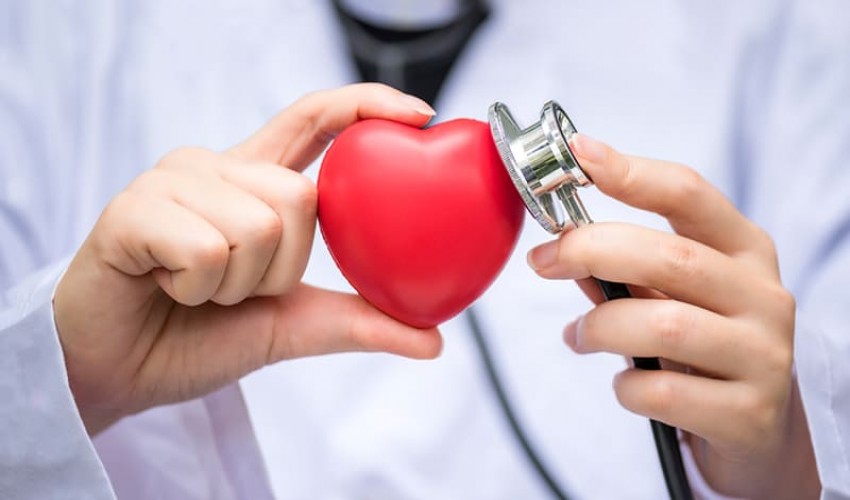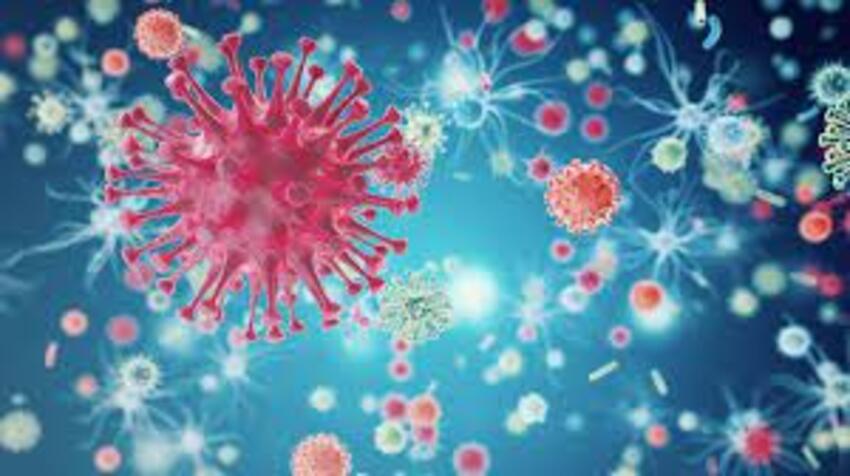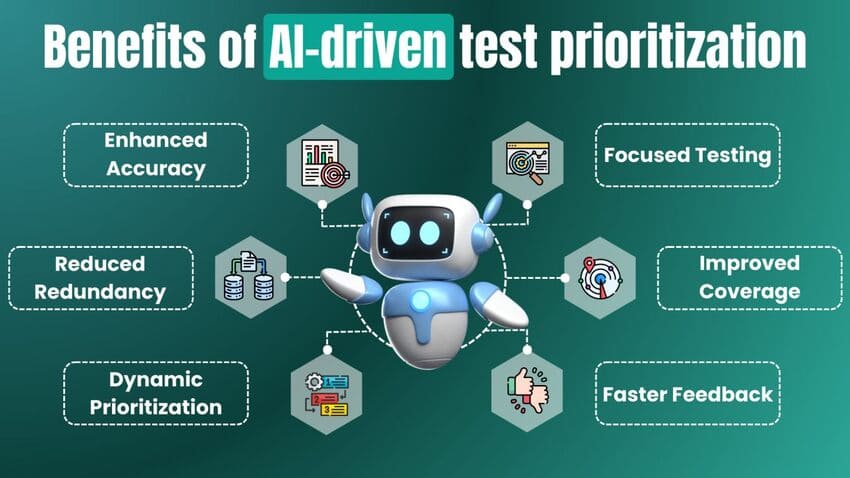
Cardiology
Cardiology deals with the disorders of the heart as a
subspecialty of internal medicine and at the same time it is divided in
congenital heart defects, coronary artery disease and electrophysiology.
Cardiologists provide a wide range of services to study,
prevent, diagnose and treat heart problems including heart failure, cardiac
arrest and coronary artery disease.
Cardiology is a specialist area of medicine and there are
various types of cardiologist. This means that cardiology covers a range of
career paths and specialisms. Some cardiology jobs involve invasive procedures
and heart surgery, others involve diagnosing conditions and supporting
patients, and other cardiology jobs are more research-based. Some cardiology
jobs involve treating patients with ongoing cardiac problems whereas others
perform emergency treatments for patients such sudden life-threatening
conditions.
Cardiology is the study and treatment of disorders of the
heart and the blood vessels. A person with heart disease or cardiovascular
disease may be referred to a cardiologist.
Cardiology is a branch of internal medicine. A cardiologist
is not the same as a cardiac surgeon. A cardiac surgeon opens the chest and
performs heart surgery.
A cardiologist specializes in diagnosing and treating
diseases of the cardiovascular system. The cardiologist will carry out tests,
and they may perform some procedures, such as heart catheterizations,
angioplasty, or inserting a pacemaker.
Heart disease relates specifically to the heart, while
cardiovascular disease affects the heart, the blood vessels, or both
Cardiology is a medical specialty and a branch of internal
medicine concerned with disorders of the heart. It deals with the diagnosis and
treatment of such conditions as congenital heart defects, coronary artery
disease, electrophysiology, heart failure and valvular heart disease.
Subspecialties of the cardiology field include cardiac electrophysiology,
echocardiography, interventional cardiology and nuclear cardiology.
Specialists in cardiology are called cardiologists. Some of the
strategies used by cardiologists to combat cardiovascular diseases include
coronary artery bypass surgery, percutaneous coronary intervention,
percutaneous transluminal angioplasty and stenting. Cardiologists also may
diagnose cardiovascular disorders using blood tests, cardiac stress tests,
echocardiography or electrocardiography or computed tomography and magnetic
resonance imaging techniques.
Cardiology is the study of cardiovascular illness, the care
of all things related to the heart. It is a specialization amongst physicians.
Cardiology also includes arteries and it used to diagnose and treat conditions
like blockages. Cardiologists should not be confused with cardiac surgeons.
Cardiac surgeons go into the chest and perform heart surgeries, while cardiologists
perform tests and procedures like angioplasty.
Cardiology is the discipline that researches, diagnoses and
treats heart injuries and diseases as well as their causes. A cardiologist will
treat your heart problem while staying aware of other conditions, including
high blood pressure, high cholesterol, diabetes and other factors that risk
damaging the heart. Some of these risk factors include a family history of
heart disease, obesity, cigarette smoking, poor diet and a sedentary lifestyle.
- Adult cardiology
- Cardiac electrophysiology
- Clinical cardiac electrophysiology
- Cardiogeriatrics (geriatric cardiology)
- Echocardiography
- Interventional cardiology
- Nuclear cardiology
- Pediatric cardiology
Recent Published
Submit Manuscript
To give your manuscript the best chance of publication, follow these policies and formatting guidelines.


